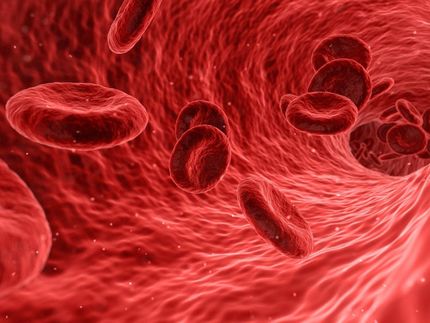Somatic Cell Nuclear Transfer Gives Old Animals Youthful Immune Cells
Cloned Stem Cells Show Important Advantage Over Adult Stem Cells
Advanced Cell Technology, Inc. and its collaborators reported the long-term transplantation of clone-derived stem cells in an animal model of aging. Cells generated by somatic cell nuclear transfer (SCNT) offer the potential for treatment of a wide range of degenerative diseases. The research, which was conducted by ACT and its collaborators at the Memorial Sloan-Kettering Cancer Center, the Mayo Clinic, and the University of Pennsylvania, will appear in the June 2005 issue of cloning and Stem Cells. The paper demonstrates that cloned blood-forming stem cells are capable of long-term multilineage engraftment in an aged large animal model. The paper also documents an important additional advantage of SCNT -- the technology can be used to generate histocompatible replacement cells that have an increased regenerative capacity. In this study, the cloned-derived stem cells showed an exponential (tenfold) competitive advantage over adult stem cells.
Nuclear transfer with Neor - marked nuclei from 10-13 year old cows was used to generate fetal liver hematopoietic stem cells. The cloned stem cells were transplanted back into nuclear donor animals both with and without myelosuppressive/ablative drugs. Cloned cells were demonstrated in the animals up to over a year in blood, lymph nodes and endothelium, peaking at levels of up to 60% in circulating progenitors and 9-11% in blood granulocytes.
"This study extends the use of SCNT-derived populations that can be transplanted without rejection to the lymphohematopoietic and endothelial lineages," said Malcolm A.S. Moore, Professor and incumbent Enid M. Haupt Chair of Cell Biology at Memorial Sloan-Kettering Cancer Center, and senior author of the paper. "It also shows that clone-derived hematopoietic stem cells have a competitive advantage over the recipient hematopoietic stem cell population and can engraft in an unmanipulated adult animal."
Organizations
Related link
Other news from the department science

Get the life science industry in your inbox
By submitting this form you agree that LUMITOS AG will send you the newsletter(s) selected above by email. Your data will not be passed on to third parties. Your data will be stored and processed in accordance with our data protection regulations. LUMITOS may contact you by email for the purpose of advertising or market and opinion surveys. You can revoke your consent at any time without giving reasons to LUMITOS AG, Ernst-Augustin-Str. 2, 12489 Berlin, Germany or by e-mail at revoke@lumitos.com with effect for the future. In addition, each email contains a link to unsubscribe from the corresponding newsletter.






















































